The Moroccan tradition for the day after Passover has become popular among all ethnic groups in Israeli society; the Jews of Northern Africa open their doors to all, serving sweet pastries.
As Passover comes to an end, hundreds of thousands of Israelis held the traditional Moroccan end-of-Passover Mimouna celebrations on Saturday night.
“We’ve had a peaceful and joyful holiday, thanks to the IDF soldiers and the Shin Bet who kept us safe, and thanks to the government led by the Likud party,” Prime Minister Benjamin Netanyahu said at a Mimouna celebration at the Dahan family home in Yavne. “After Passover, it’s time to enjoy the wonders of the mufleta (a Moroccan pastry – ed.).”
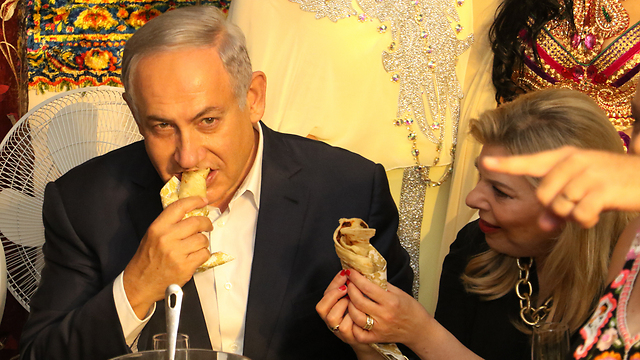
Attorney Meir Dahan from Yavne, who opened his door to the prime minister, said ahead of the celebrations that he “hopes over 2,000 people come. We’ve invited people of all ethnic groups and all nationalities – Druze and Arabs, and even from the LGBT community. Everyone will be here.”
Defense Minister Moshe Ya’alon and Knesset Speaker Yuli Edelstein were also invited to Dahan’s home.
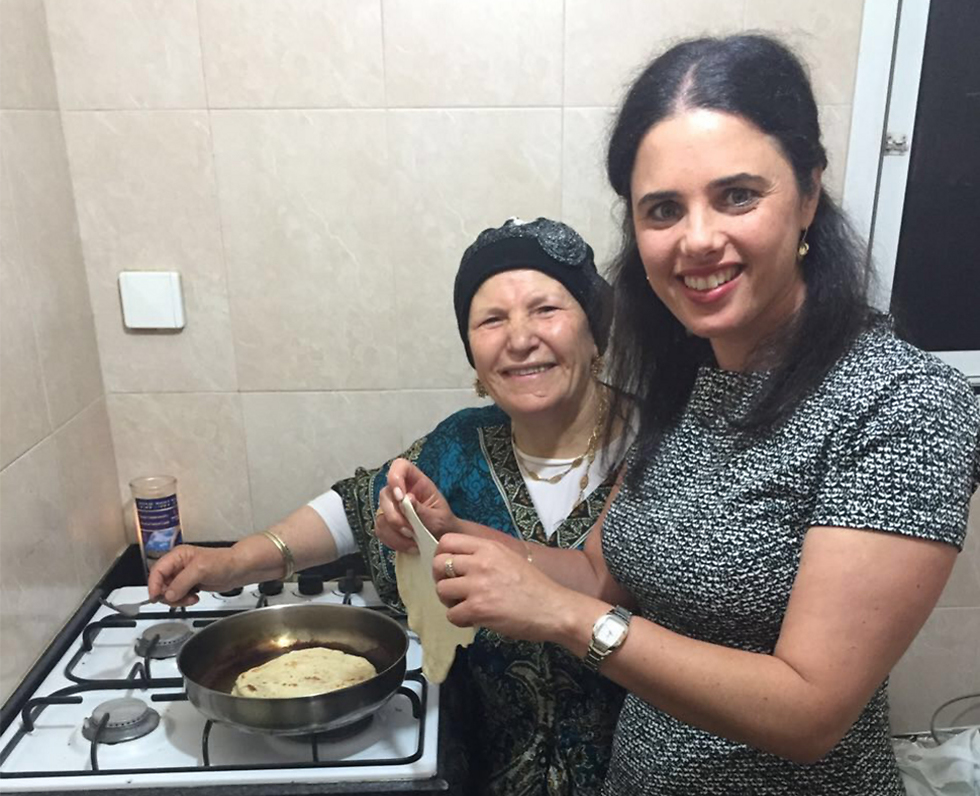
Culture Minister Miri Regev attended Mimouna celebrations in Ashkelon. “I’m glad that the Moroccan ethic group was able to turn the Mimouna into a national holiday in which we open our homes to the entire nation of Israel. The abundance and the hospitality of this holiday lead to unity and joy among the people of Israel,” she said.
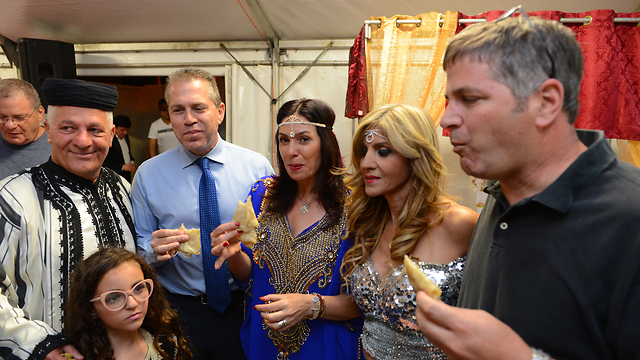
Public Security Minister Gilad Erdan expressed hope that the Mimouna will also end without any unusual incident. He thanked the thousands of police officers on behalf of Israelis celebrating across the country, “for their amazing work throughout the holiday and even now, during the Mimouna, they are out on the streets of Israel protecting us.”
Former president Shimon Peres attended Mimouna celebrations in Tel Aviv, hosted by the Malka family. “The Mimouna is a holiday that unites the entire nation of Israel and all ethnic groups. We deserve to be happy, eat mufletas and sing loudly,” he said.
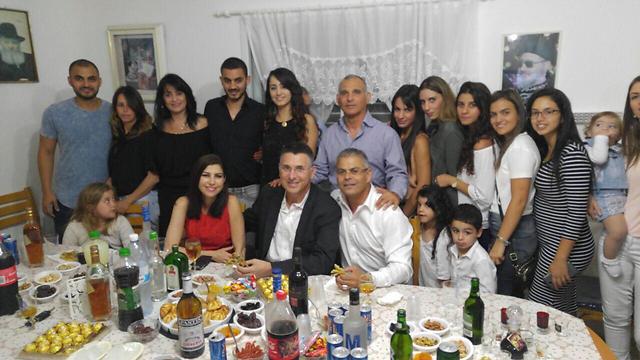
What is the Mimouna?
The Mimouna celebrations on the day after Passover originated in Jewish communities in North Africa, primarily in Morocco. The name comes from Rabbi Maimon ben Yosef, the father of the Rambam, who passed away on the day after Passover. Another derivation says the name came from the Hebrew word “emuna” (which means faith), indicating the belief in both the past Jewish redemption from the Egyptians and the future Messianic redemption in the month of Nisan, in which Passover falls. A third derivation says the name comes from the Arab word for “wealth” or “good luck.”
The Halacha origins of the Mimouna’s customs are vague, and there are several beliefs concerning them. Since the Mimouna is celebrated after the final day of Passover, the day in which, according to tradition, the Red Sea was split in half, some view the celebrations and the customs attached to them as relating to that biblical event.
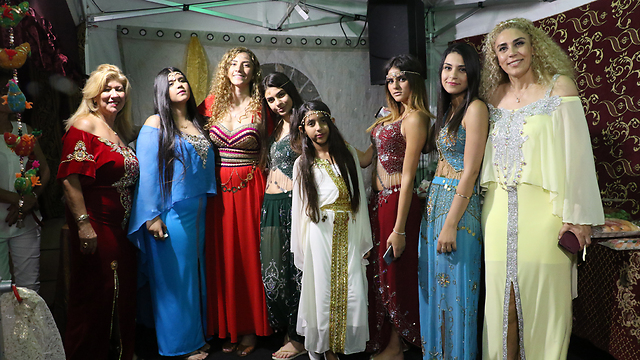
Others believe that since the Mimouna celebration begin with a dough-kneading ceremony, the Mimouna actually serves as a bridge between the days of the Passover holiday to the regular days to follow – after almost ten days without bread.
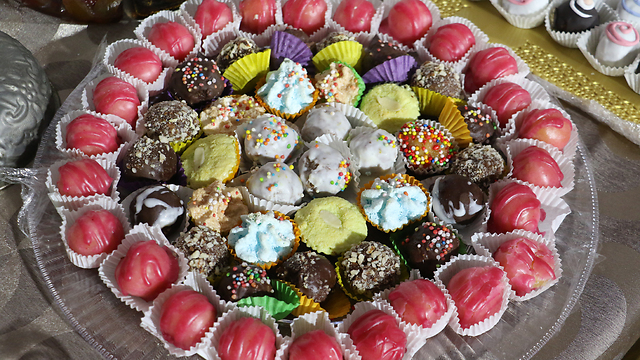
According to yet another belief, the sweets served at the Mimouna symbolize abundance and blessings. On this holiday, the family doesn’t gather around its own table, but rather opens its door to guests, serves sweets and welcomes all who come. The fish placed in a bowl of water and the bracelets worn are also popular signs in Arab nations for abundance and good fortunes.
Because good fortunes and abundance are at the center of the Mimouna celebrations, some believe the custom originated in a pagan celebration: A song of praise to the goddess of good fortune.
As reported by Ynetnews
